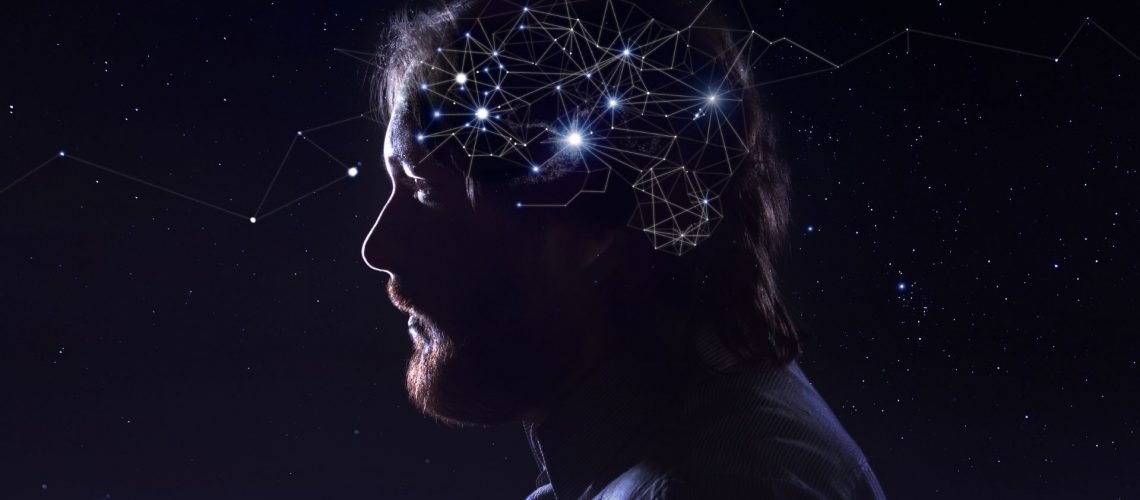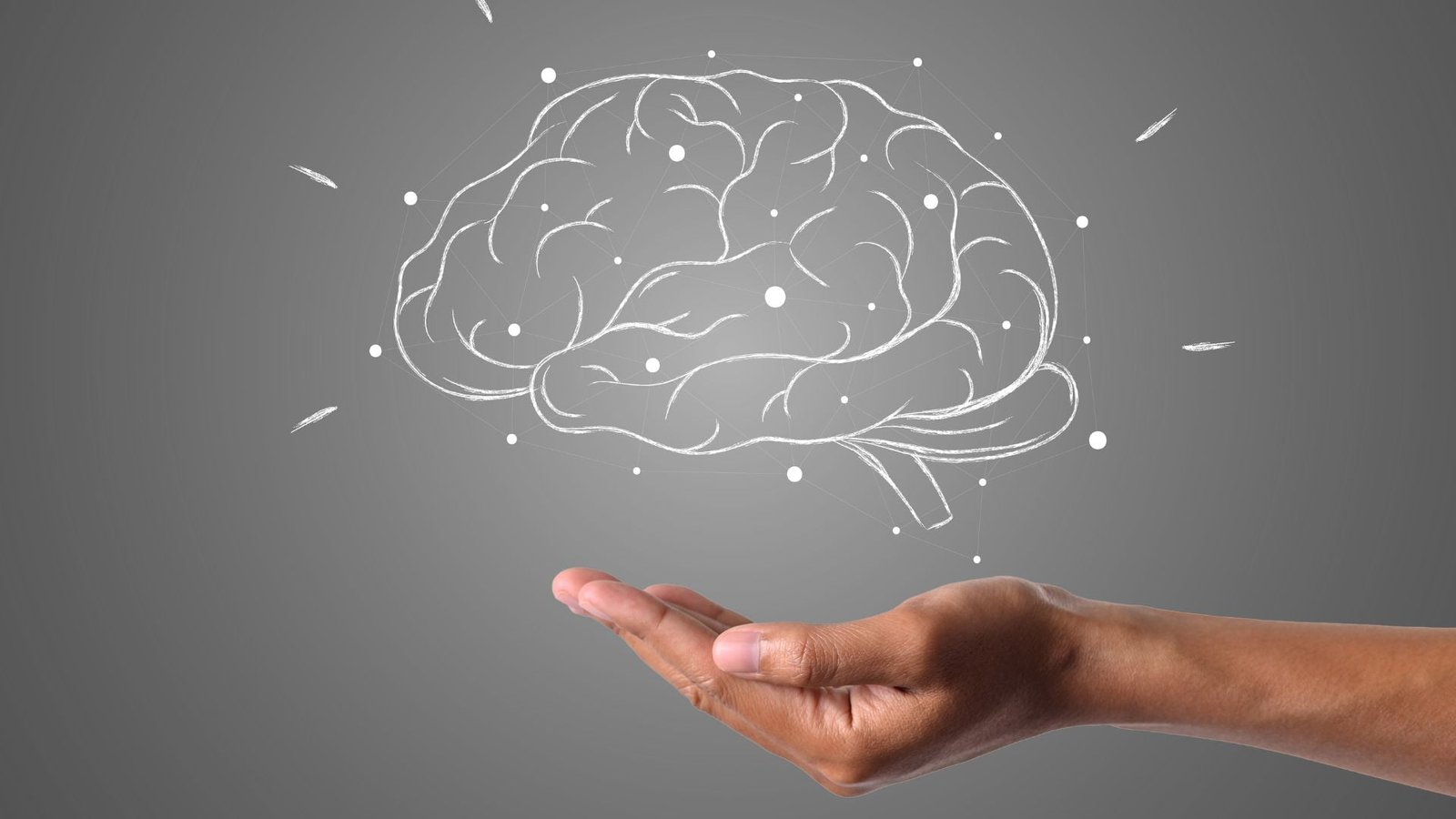MY BASKET
- No products in the cart.
Subtotal:
£ 0.00
BEST SELLING PRODUCTS
£ 19.99
£ 19.99
£ 39.99 – £ 191.99
£ 19.99















